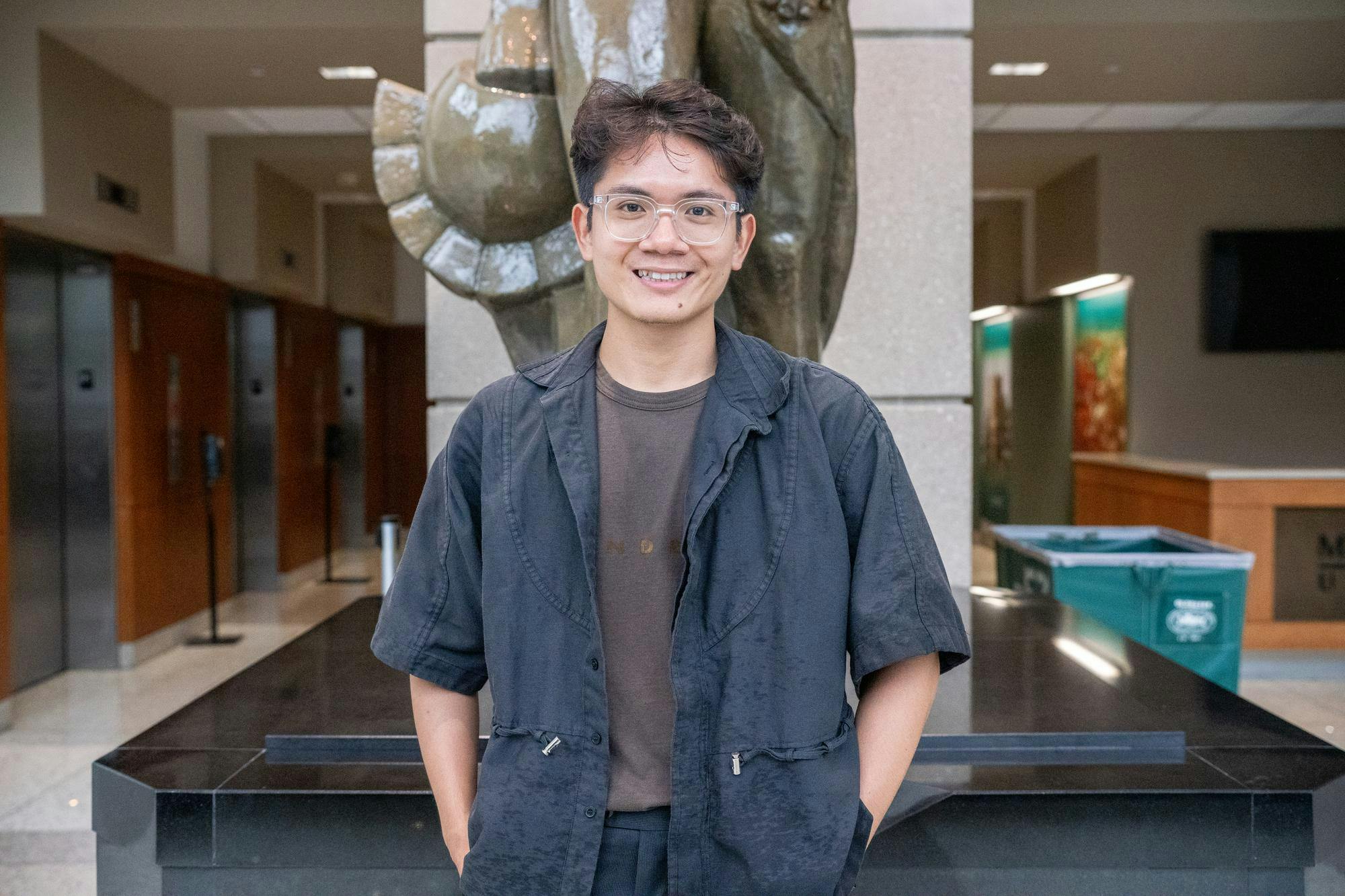Across the globe, many countries have different workplace customs and expectations that dictate how employees can balance their work and social lives.
For example, Netherlands, Denmark and Japan are known for their four day work weeks. Contrastingly, the United States implements a five day work week, along with expectations from many careers to work on weekends.
The stark differences in work culture have even prompted phrases such as, "in the U.S., they live to work, but in Europe, they work to live."
For many international students at Michigan State University, American workplace expectations can often require an adjustment.
Information science and advertising creative sophomore Phuc Nguyen is from Vietnam. Since arriving at MSU, Nyugen has worked as an international student ambassador at MSU's Office of Admissions, and currently works as a research assistant in the Department of Media and Information.
In Vietnamese high schools, Nguyen said, students rarely work because of the legal working age of 15.
“I would say the (biggest similarity) is we always want to do something new, and... that’s the reason why I don’t feel that lost when I’m working here,” Nguyen said. “Because I’ve done a lot of extracurricular activities and clubs... that’s the reason why when it comes to the US, (having to work more) did not feel so much like a cultural (shock).”
Computational and cognitive neuroscience sophomore Shreshta Sinha, who is from India, said the culture there places a greater emphasis on education than work.
“Unlike the American culture, (where) there’s lots of long summers (and) people go and work," Sinha said. "I think you can start working at the age of 14. And so... in India, the case is not like that.”
Sinha's first job in the U.S. was as an international student ambassador at the MSU Office of Admissions. Now, he works as a research assistant at the Bioenginering of Olfactory Sensory Systems lab, or BOSS, lab.
He added that socioeconomic status can make a difference. Most middle and upper class students don't work while in school, Sinha said.
“There’s a very significant difference between what happens in India (and what happens in the U.S.)," Sinha said. "In India you don’t get paid a lot. There is no holiday on Saturday in India in general, so Saturday is just another working day."
Human biology junior Shaun Subbaiah, who is from India, said that though he did not experience too significant of a culture shock, he knows many students who have.
"There's a difference in pay, of course, because of the currency difference," Subbaiah said. "You can get a lot more for how much you pay in India. In the U.S., I feel a little bit more capitalistic."
Subbaiah currently works as a peer mentor for the Lyman Briggs College.
"I think the work environment here is pretty good, because it’s very regulated,” Subbaiah said. “So I think that system sort of fits better with me. I think I prefer working here."
Similarly, Sinha said work culture in the U.S. feels more "holistic."
“Sometimes the (bosses) in India act narcissistically,” Sinha said. “And that’s a very toxic culture out there. You have to do the work that (the) boss says, even if it’s not something you’re supposed to do, like filing taxes for your boss is one of the things that (can happen) in India.”
Support student media!
Please consider donating to The State News and help fund the future of journalism.
Discussion
Share and discuss “International students discuss workplace culture shocks” on social media.







